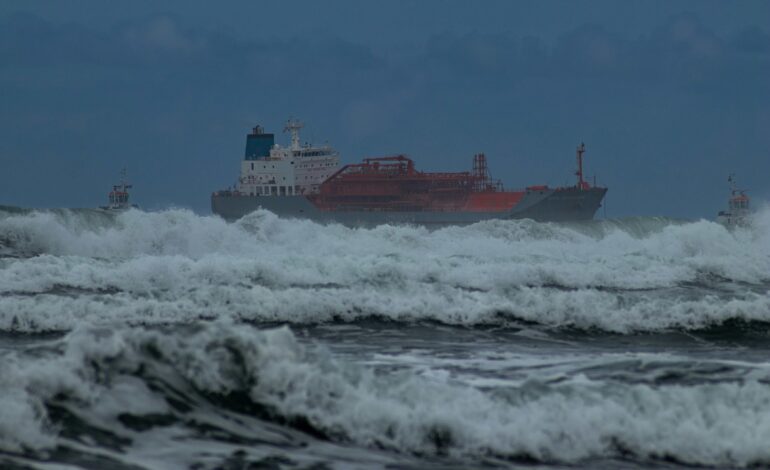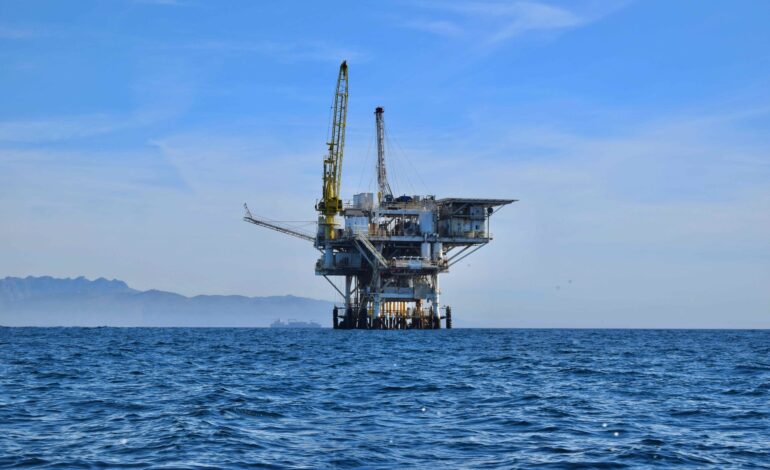Fuel bunkering operations play a crucial role in maritime industries by ensuring vessels are efficiently and safely fueled for their journeys. This comprehensive exploration delves into the fundamental aspects of fuel bunkering, emphasizing safety protocols and efficiency measures essential for these operations.
Understanding Fuel Bunkering
Fuel bunkering is the process of transferring fuel from a supply source to a vessel, typically conducted while the vessel is docked at a port or anchored offshore. It is a critical logistical operation that ensures ships have an adequate supply of fuel to power their engines and equipment during voyages, ranging from short coastal trips to extended international journeys.
Safety Protocols in Fuel Bunkering
Safety is paramount in fuel bunkering operations to mitigate the risks of accidents, spills, and environmental damage. Key safety protocols include:
- Comprehensive Risk Assessment: Before commencing bunkering operations, thorough risk assessments are conducted to identify potential hazards and implement appropriate mitigation measures.
- Adherence to Regulations: Strict adherence to international and local regulations established by organizations like the International Maritime Organization (IMO) and port authorities. These regulations govern bunkering procedures, safety standards, and environmental protection measures.
- Training and Certification: Bunkering personnel undergo rigorous training and certification to ensure they possess the necessary skills and knowledge to handle fuels safely and respond effectively to emergencies.
- Use of Safety Equipment: Employing specialized safety equipment such as personal protective gear, fire suppression systems, and spill containment measures to minimize risks and mitigate the impact of potential incidents during bunkering operations.
Driving Efficiency in Fuel Bunkering
Efficiency is pivotal in fuel bunkering operations to optimize vessel operations and minimize downtime. Key factors contributing to operational efficiency include:
- Strategic Planning and Coordination: Efficient scheduling and coordination of bunkering activities to minimize vessel downtime and maximize operational efficiency.
- Optimized Bunkering Techniques: Utilizing advanced bunkering techniques and equipment to ensure accurate and rapid fuel transfer while maintaining safety standards.
- Continuous Monitoring and Quality Control: Implementing stringent monitoring processes throughout bunkering operations to monitor fuel transfer accuracy, prevent spills, and uphold fuel quality standards.
- Technological Advancements: Embracing technological innovations such as automated fuel management systems and digital monitoring tools to enhance operational precision, efficiency, and transparency in bunkering operations.
Addressing Challenges and Innovations in the Industry
Fuel bunkering operations encounter several challenges, including fluctuating fuel prices, regulatory complexities, and environmental concerns. Innovations in sustainable fuels like liquefied natural gas (LNG) and biofuels are emerging as promising alternatives to traditional bunker fuels, offering reduced emissions and enhanced environmental sustainability.
Future Outlook and Industry Developments
The future of fuel bunkering operations is influenced by ongoing advancements in technology, regulatory frameworks promoting cleaner fuels, and industry initiatives focused on sustainability. Collaboration across the maritime sector is crucial for overcoming challenges and advancing bunkering practices towards safer, more efficient, and environmentally friendly operations.
In conclusion, fuel bunkering operations are integral to maritime transport, ensuring vessels are supplied with fuel efficiently and safely for their journeys. By prioritizing safety protocols, embracing efficiency measures, and leveraging technological innovations, the industry can enhance operational reliability, minimize environmental impact, and support sustainable maritime operations on a global scale.






